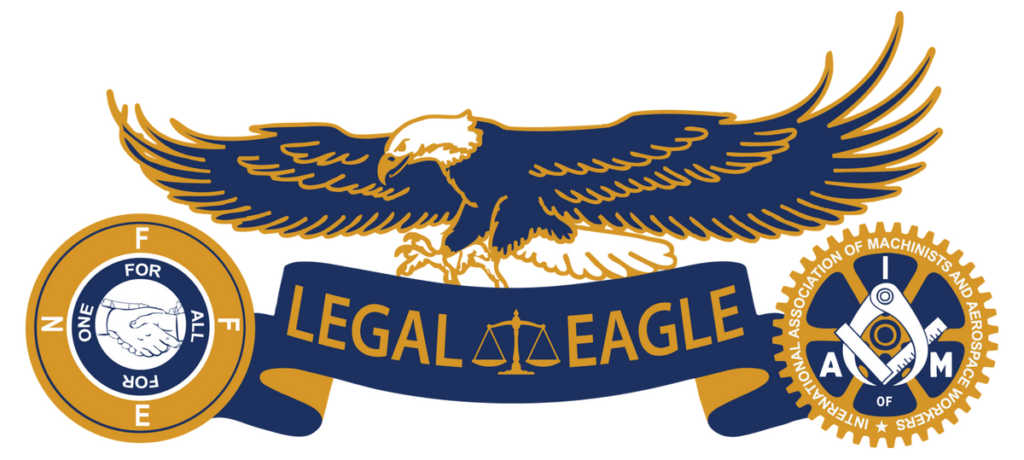
Get the bulletin board-ready story, here.

U.S. Dept. of Justice, Federal Bureau of Prisons, Ray Brook FCI, 68 FLRA 492 (2015).
Summary: The Union, after some incidents in the prison, requested information under Section 7114 concerning management’s decision about a modified lock down it imposed on prisoners. The Agency initially said the request was unclear. The Union responded with a second request and explained why it wanted the information. The Agency denied some of the information. The Union filed a unfair labor practice charge. The Administrative Law Judge found that the Agency committed a ULP when it did not release the information. The Agency appealed arguing that the Union did not state a particularized need. The FLRA disagreed with the Agency and ruled that the Union met its legal requirement to show the connection between the information and its representational concerns.
Comment: As most union representatives know, Agencies routinely respond to information requests taking the position that the Union did not meet the particularized need requirement. This case is a reminder that as long as the Union describes the connection between the requested information and its representation of employees, it is unlawful for the agency to not provide the information. This case is also a reminder that the FLRA wants to see that the Union made a good faith effort to explain the particularized need before filing a ULP charge.
Summary: The Agency suspended an employee, who also served as a union representative, when he sent his official time request to a supervisor different that the one management instructed him to send it to. The employee grieved the suspension and it went to arbitration. The Arbitrator sided with the Agency and found that the employee’s official time request and actions exceeded the boundaries of protected activity under 5 U.S.C. § 7102. The FLRA overturned the arbitrator’s decision finding that the submission of an official time request is protected activity and disciplining an employee for one official time request, even if contrary to management’s unilateral demands, was in violation of the statute.
Comment: This is another case where the current FLRA has done a good job of reading the statute to protect union representatives when it involves official time requests. This is a case that should be consulted where management is threatening or imposing discipline on a union representative. This case should probably be not read too broadly, however. Repeated refusals to follow management instructions regarding official time requests may open an employee to discipline, depending on the circumstances.
Get the bulletin board-ready story, here.
